Ecosystems
-
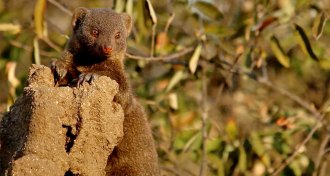 Animals
AnimalsOnce settled, immigrants play important guard roles in mongoose packs
Dwarf mongoose packs ultimately benefit from taking in immigrants, but there’s an assimilation period.
-
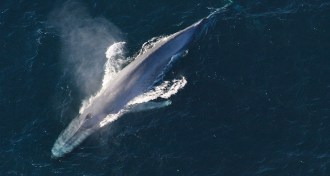 Animals
AnimalsMost blue whales are ‘righties,’ except for this one move
Though many blue whales tend to be “right-handed” when hunting for krill, one specific barrel roll move requires a lefty twist.
-
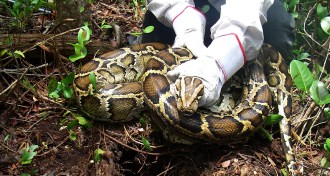 Ecosystems
EcosystemsInvasive species are a growing global threat
'The Aliens Among Us' describes how invasive species are colonizing — and disrupting — ecosystems worldwide.
By Sid Perkins -
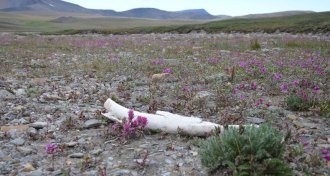 Paleontology
PaleontologyWhat male bias in the mammoth fossil record says about the animal’s social groups
Male woolly mammoths were more often caught in natural traps that preserved their remains, DNA evidence suggests.
-
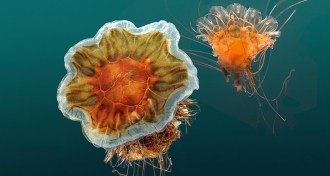 Animals
AnimalsHere’s the real story on jellyfish taking over the world
In 'Spineless,' a former marine scientist reconnects with the seas and science through her obsession with these enigmatic creatures.
-
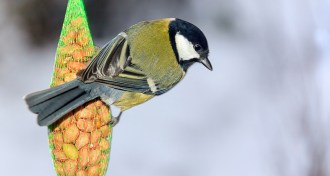 Life
LifeHow bird feeders may be changing great tits’ beaks
Longer beaks may be evolving in U.K. great tits because of the widespread use of bird feeders in the country.
-
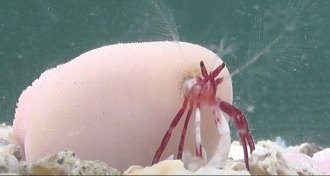 Animals
AnimalsThis newfound hermit crab finds shelter in corals, not shells
A newly discovered hermit crab takes its cue from peanut worms and uses walking corals as a permanent shelter.
-
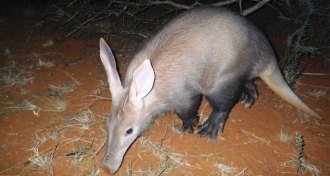 Climate
ClimateRising temperatures threaten heat-tolerant aardvarks
Aardvarks may get a roundabout hit from climate change — less food.
By Susan Milius -
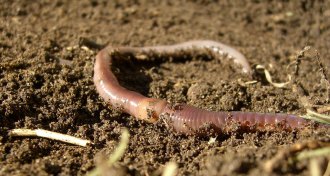 Animals
AnimalsInvasive earthworms may be taking a toll on sugar maples
Sugar maple trees in the Upper Great Lakes region are more likely to have dying branches when there are signs of an earthworm invasion, a new study finds.
-
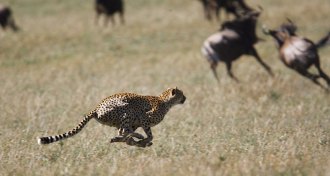 Animals
AnimalsWhy midsize animals are the fastest
New analysis delves into the mystery of why medium-sized animals are speedier than bigger ones.
-
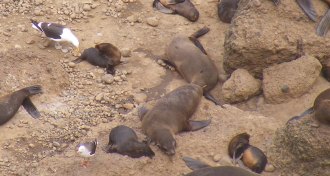 Animals
AnimalsOne creature’s meal is another’s pain in the butt
Kelp and dolphin gulls in Patagonia have found a new food source. But they accidentally injure fur seal pups to get it.
-
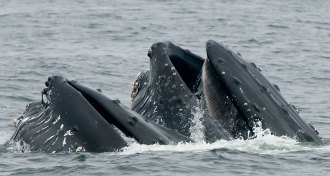 Animals
AnimalsWhales feast when hatcheries release salmon
Whales: “They’re 40 feet long and they’re feeding on fish that are the size of my finger.”
By Susan Milius